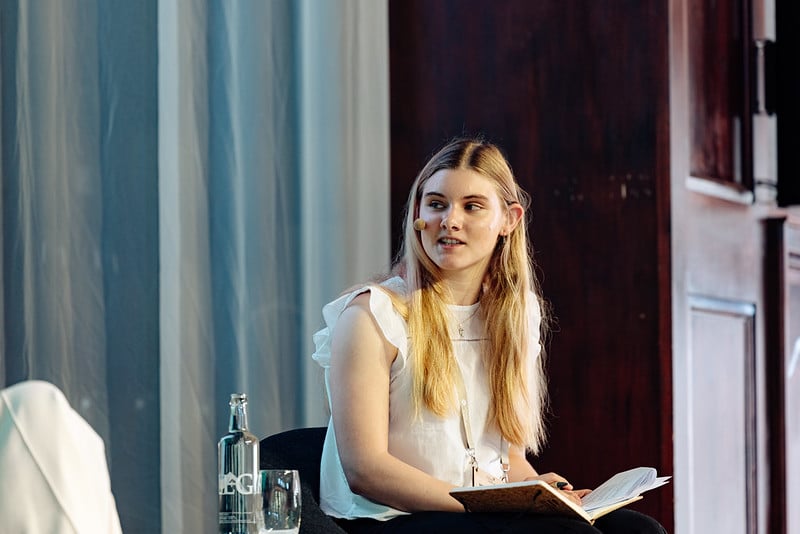ISZL Earns the Eco-Schools Green Flag Award
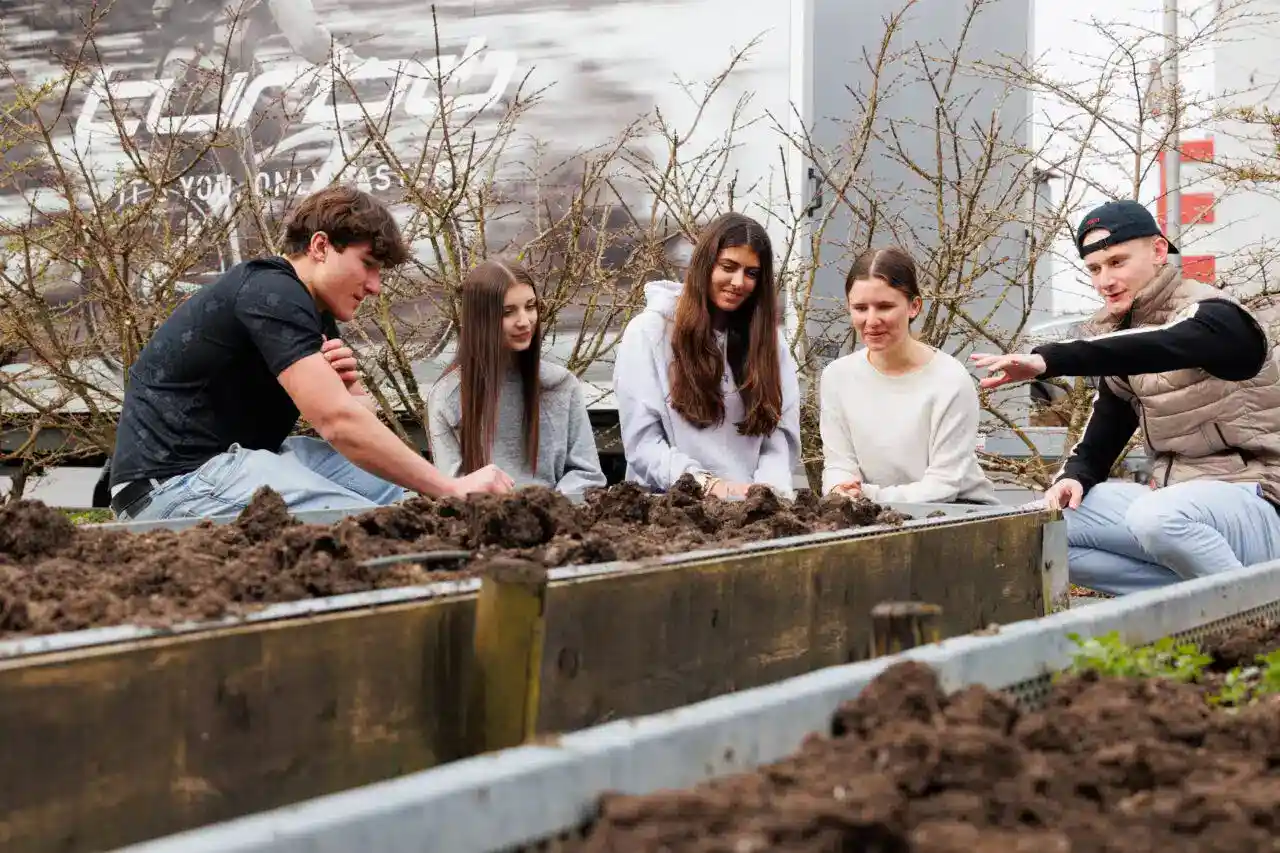 Read the article
Read the article
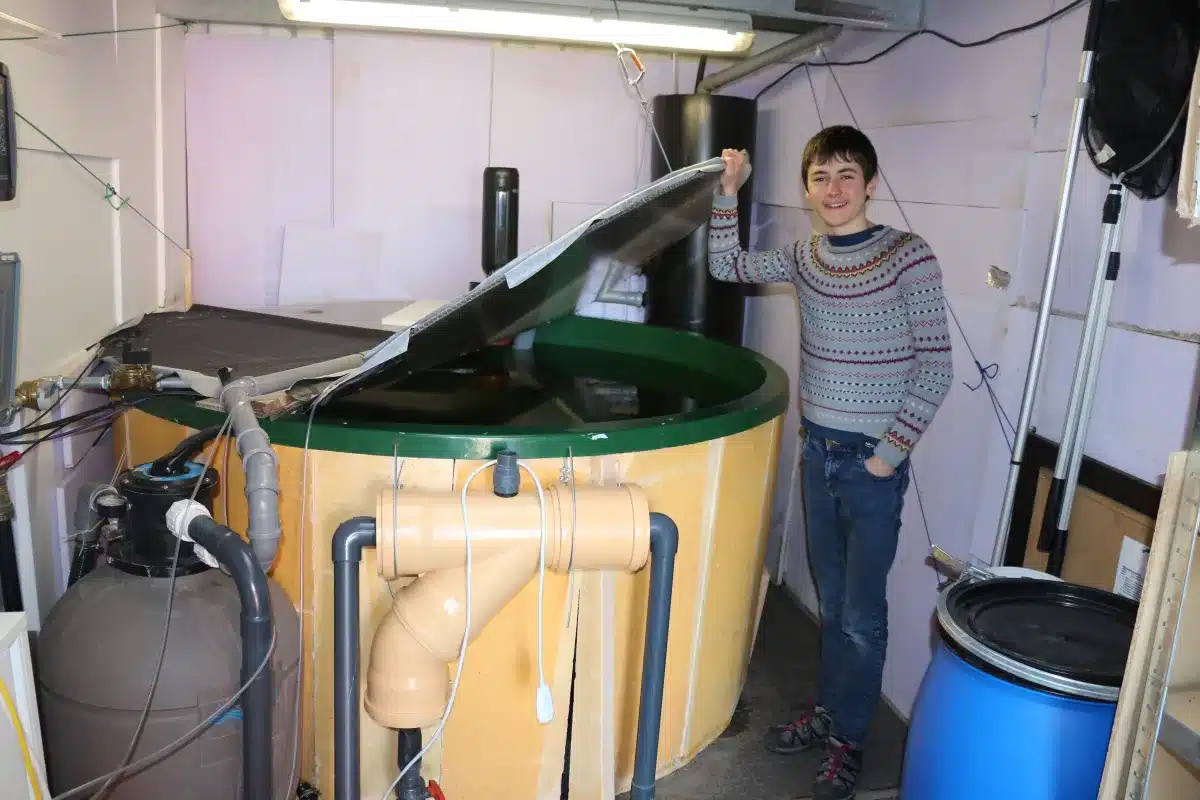
Grade 10 student Matteo M turned his passion for aquarium keeping and gardening into a $10,000 grant for ISZL’s Aquaponics system, in which plants and fish live in harmony.
Here, Matteo explains how he impressed the judges for the Middle Years Programme’s Student Innovators Grant.
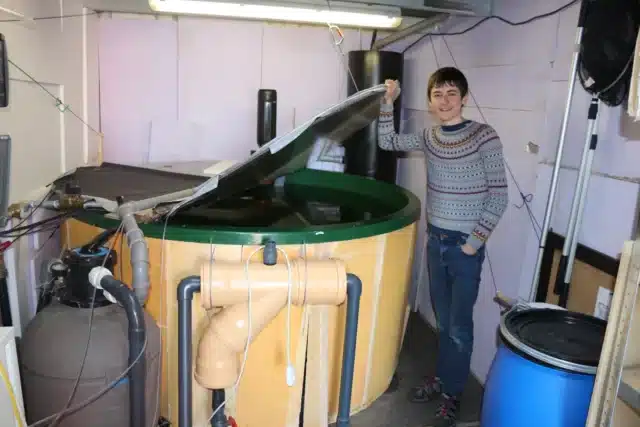
Written by Matteo M
Aquaponics is an exciting new way of farming that involves raising aquatic organisms like fish in harmony with plants in a symbiotic cycle. In simple terms, this means that fish are producing waste which the plants use to grow, whilst simultaneously cleaning the water for the fish. It’s a win-win situation. There are many benefits to farming aquaponically — less water is used, and plants grow faster.
Our school has a small scale aquaponics system for use as a laboratory and model for the large system we are helping to construct in Kokrobite, Ghana. That system should in theory produce around 20 tons of fish and 50 tons of vegetables annually and would provide food, work and education to the local community. Our little aquaponics model is an excellent opportunity for all interested students, as research and studies can be conducted very easily. It is also a great opportunity for a service project and an extended essay.
I became involved at the beginning of the 2019-20 school year. I had already done my Grade 8 Challenge on aquaponics. I love gardening and aquarium keeping, both of which I do during my free time. When I started my work on the project in August 2019, the system at school was in its final phases of construction. My friend Karim M and I lent a hand to finish the plumbing necessary to get the system up and running.
After about half a year on the project, we had begun learning how aquaponics really works and what needs to be done on a daily basis. Examples of this could be seeding, transplanting or harvesting plants as well as conducting chemistry tests on the water in the fish tank. At this point, we were looking into how the project could be improved and how we could optimise the product created. To accomplish this, we were constantly requesting funding from the school which was not ideal.
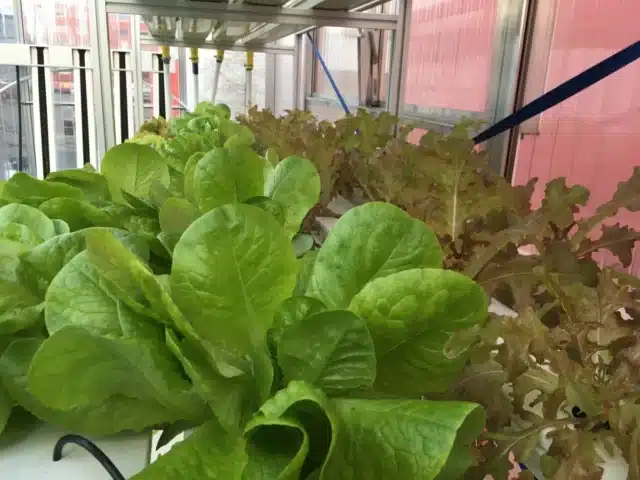
The solution presented itself when Maria LeGuen, the MYP Coordinator, told me about a new International Baccalaureate grant programme called the Middle Years Program Student Innovators Grant. Any student between the ages of 14 to 16 who is enrolled in the MYP programme is eligible to apply, potentially winning a grant of up to $10,000. I was immediately interested in the opportunity and after consulting with the project leader, Christopher Koch, I applied.
The application requested detailed information about the project, how the project would lead to innovation, how I got involved, what I would do with funding and which students, teachers and professionals would be involved with the project. I submitted my 1250 word application to the IB Organization in April, 2020 while at home during the Covid-19 lockdown.
I waited to hear back from the organisation for quite some time and I finally learned that we were nominated as semi-finalists! To proceed to the next stage, I was asked to create a 3- minute video interview and presentation to further explain my project and develop my ideas. The finalist application was submitted on June 8th, 2020 while at home during the Covid-19 lockdown.
After this point I virtually forgot about the grant due to our return to school after lockdown for the last two weeks of term and the general end of the year excitement. So, I was very happy to get an email in early July informing me that I was an MYP Student Innovators Grant Awardee! During the summer, we had a virtual zoom call for grant recipients to meet each other and to discuss projects. It was exciting to hear we were awarded the maximum amount for our project which is $10,000!
We intend to complete a variety of projects using the funding supplied by this grant, all of which will be beneficial to our system here at ISZL, and useful to understanding what is possible in Ghana. The most notable among these are a solar installation to provide all or the majority of the electricity used in the system, and, in future, a school store that would be able to sell produce as well as snacks and coffee throughout the year to generate profit for the charity.
A big thank you to all who supported me throughout this process: my parents, Maria LeGuen, Christopher Koch and most of all my former colleague Karim M.
 Read the article
Read the article
